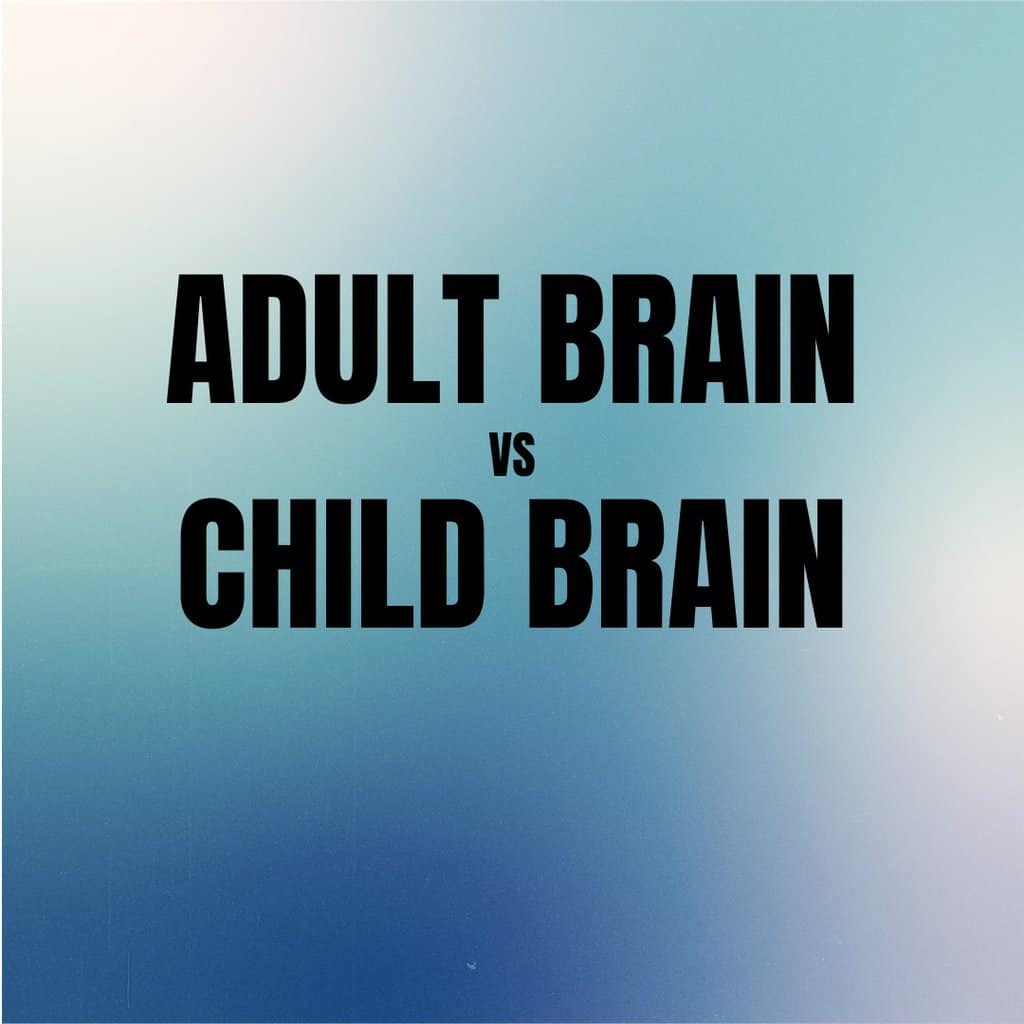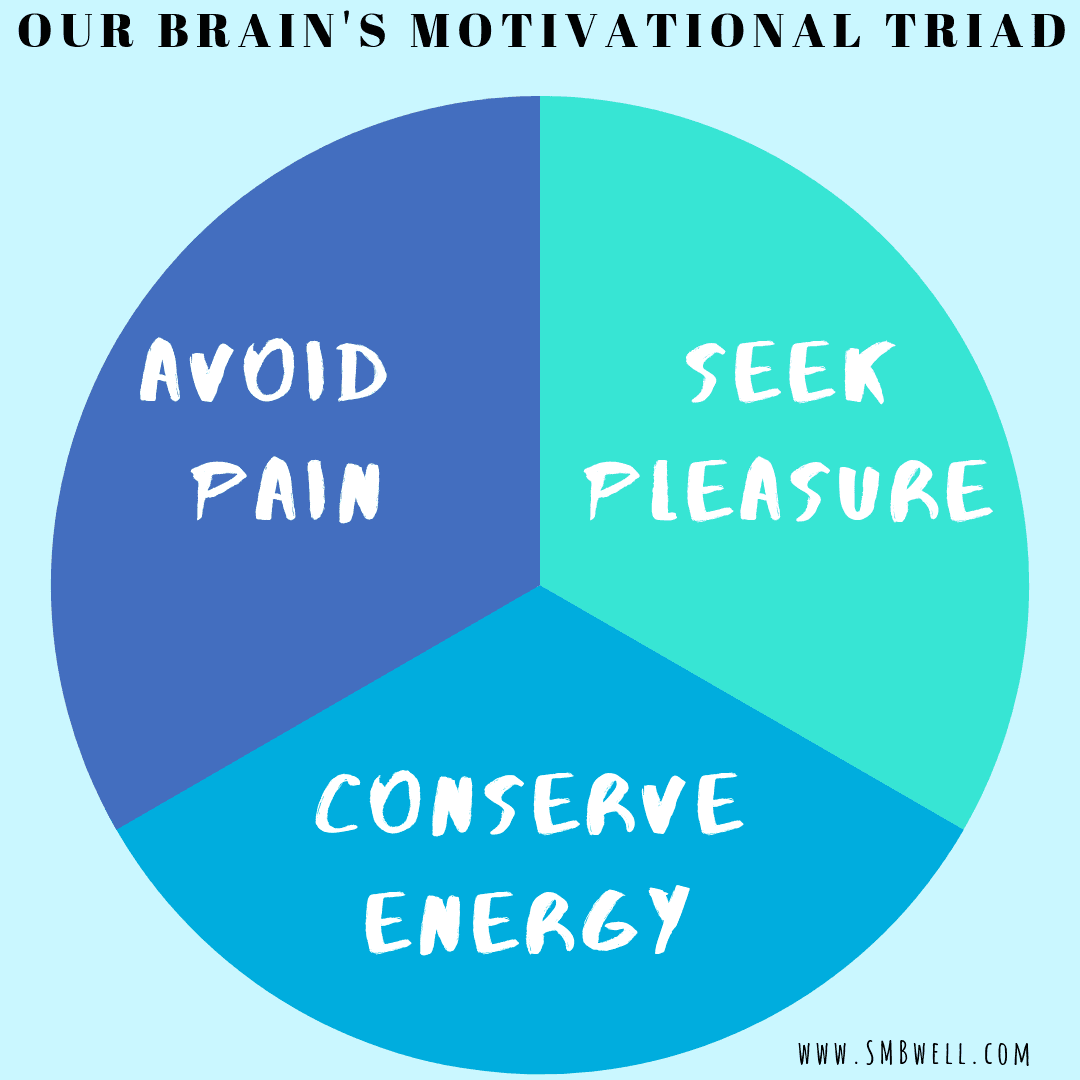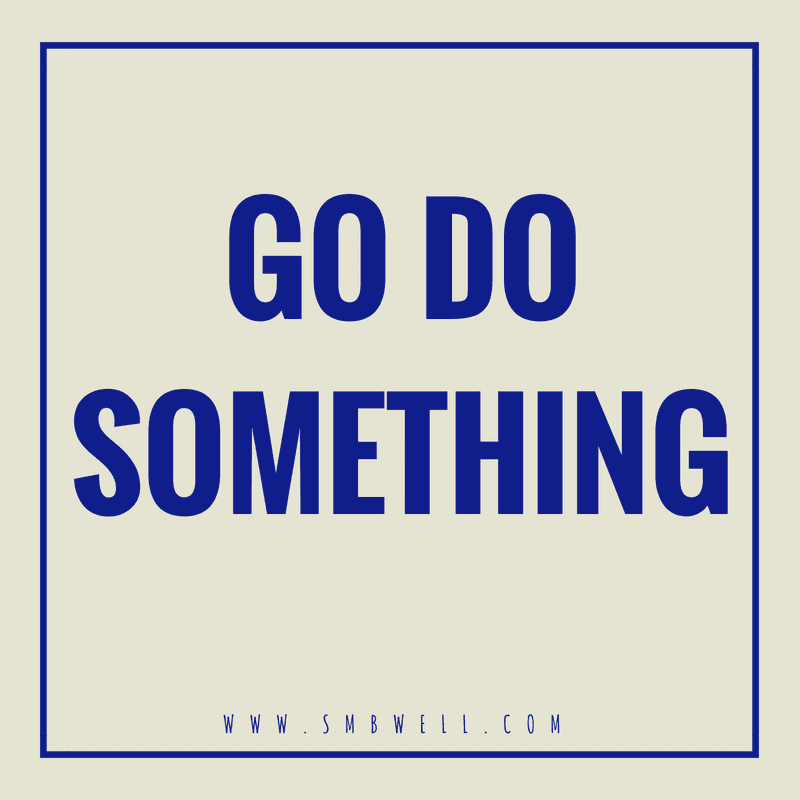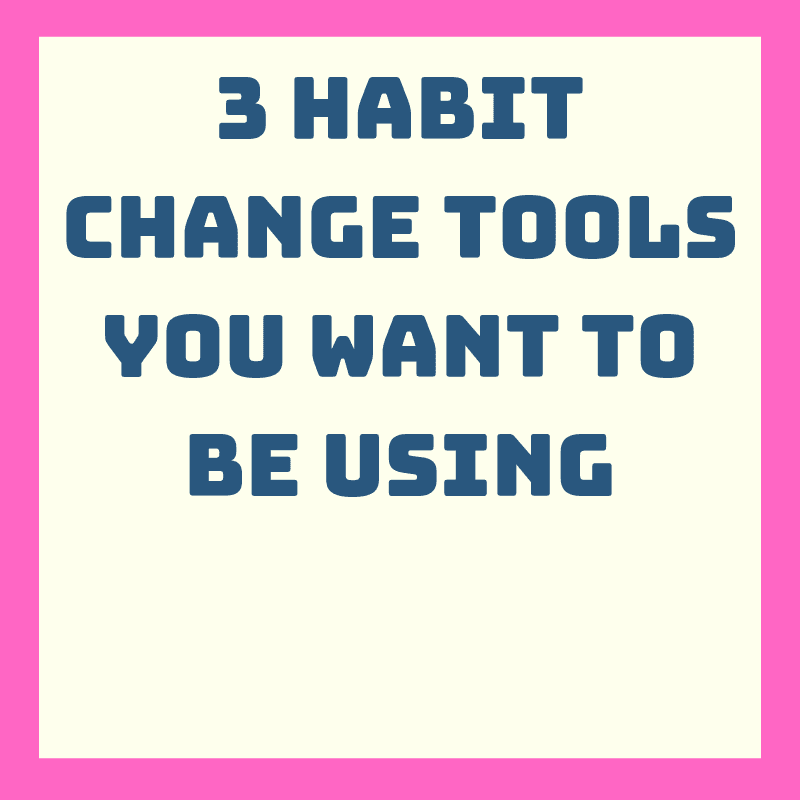Podcast: Play in new window | Download
Subscribe: Apple Podcasts | Spotify | Amazon Music | RSS | More
Critical Knowledge to Live a Life You Love
Understanding how my brain works has made all the difference in my life. Our brain is the supercomputer that runs our life. It is the force driving our actions that lead to the results we see in our life. The question is, is it running you or are you running it?
Learning about neuroscience and how my brain works has helped me in ways I expected (hacking my brain to do the things I want to do) and in ways I didn’t expect (higher confidence, lower negative self talk, and less people pleasing) Of course I want to share this knowledge with you.
You’re Not Broken.
I want to give you the gift of knowing that when you don’t do what you want to do or what you know is right for you, you’re not broken. Learning about your brain in this simple way will help you. There’s nothing wrong with you. Humans around the world start their day with plans to do X Y Z and go to bed having done neither X, Y or Z. People all over start their week with the greatest intentions for wellness and health and get to Thursday and think: “Okay, maybe next week”. Learning about what I call the adult and child brain is freeing and empowering.
The Child Brain and The Adult Brain
To be clear: these are not terms a neuroscientist would use in the lab or a lecture. Rather they are simple terms I use as a framework to help clients get the results they want in their lives. What I’m referring to as the child part of our brain is actually the oldest part of our brain, the part that is wired for survival and that likes things to be easy. This part of our brain has a motivational triad. Its’ goal is to seek pleasure, avoid pain, and conserve energy.
As far as your brain is concerned, if you lived through yesterday, it was a successful day. It essentially says: “You’re alive? Let’s do that again”. Rinse and repeat. It doesn’t matter if you spent a good portion of the day on the floor crying or lying around procrastinating and feeling like sh*t about yourself. You lived through the day and that’s a win.
The child part of our brain doesn’t care if we gain weight, if our relationships tank, or if we’re depressed. It avoids pain, seeks pleasure and conserves energy. It is wired to survive and cares that we get through the day alive.
I call this part of our brain the child brain because it wants what it wants and can get quite noisy when it doesn’t get what it wants. Imagine a child in a store when s/he sees a toy he wants. I don’t know about your kids but my kids can be quite persuasive and persistent. They will come up with multiple reasons as to why buying that toy right now is the correct decision. They can get noisy and crowd out the rational thoughts in my head. This is the part of your brain that will talk you into re-filling your bowl of ice cream even though 10 minutes ago you had said you would only have one. This is the part of your brain that will talk you into watching one more show even though you had said you were going to go to bed after one show. This is the part of your brain that will convince you that drinking wine tonight really will solve all of your problems. It is wired to survive and if you have engaged in the eating of the ice cream, the drinking of the wine, the watching of tv and lived to the next day, your child brain thinks, success! Which is why we need the adult brain to enter, stat!
What I refer to as the adult brain is our powerful frontal lobe and is the heart of our cognitive power. It doesn’t fully develop until age 25 which is why so many of the behaviors we see in our teens and young adults come from the child brain. The child brain is more impulsive and doesn’t think of long term results. The child brain lives in the present moment and uses the past to predict the future. Our adult brain is where we think of the future and our goals. Our adult brain thinks of the bigger picture. When it’s working without the child brain’s influence, it looks at what we want from our life; our dreams and goals. It helps us think of what is possible for tomorrow, next year, and next decade. Our adult brain can think of how good we will feel when our basement is clean and make a plan to do it this weekend. Our adult brain can think of how good we will feel in the summer in a healthy body and plan to do a core workout twice a week. Our adult brain can think of how good we feel after a full 8 hours of sleep and plan our evening routine.
Our adult brain knows what we need to do to get where we want to go.
The Child Brain is Loud
Here’s the challenge: similar to an adult and a child in the library, the child is louder. The child is persistent. The child is persuasive. This is helpful to know when you’re starting a new behavior or way of being. You are trying to unlearn the old way of being yourself to evolve to that next best version of yourself. Maybe that’s watching less tv, eating food that’s better for your body, shopping less, or simply putting your clothes away at the end of the day. When you’re starting something new, your child brain will resist. You’ve used your adult brain to devise your new plan is made and when you go to implement it, the child brain is going to speak up.
For example, say you choose to watch only one TV show tonight instead of the many you usually watch. When that one show is over, your child brain is not going to say: “Hey that was nice. Time for the next thing.” Nope. Because of the motivational triad, it’s going to say something more along the lines of: “Aw come on, that episode was shorter than others” or “one more episode won’t make a difference” or “it’s okay, it was a show not a movie, you can watch one more”. I promise you, that child brain will be loud and persistent. Similar to a child who doesn’t get what he/she wants, it may also get mean. It may say “That was a dumb idea of course to say only one show” or worse “You never do what you say you’ll do, just watch the next show”.
The key to behavior change and living that bigger life is expecting the child brain to speak up and to ignore it anyways. Recognize the child brain when it starts to speak up, know nothing has gone wrong, and move forward regardless.
Outmaneuver the Child Brain
I encourage clients to think ahead of which excuses my child brain will come up with so that they’re prepared. For example, I’ve chosen to start a 5 minute daily stretching routine to maintain my flexibility. I made this plan with my adult brain as it knows of my future goal of mobility and wellness and so made a plan. In order to outmaneuver my child brain, I think ahead of time of things it may say to me when I sit down to stretch. I know it will come up with reasons why I shouldn’t do it. It will say I don’t have time. It will say I did it yesterday. It will throw all sort of crazy talk in there until I have habitualized the behavior. And then you know what happens? It gets used to it. When I stick with my new behavior, it becomes easier for the child brain to go along with it (seeking ease and comfort) instead of going against it. My new behavior becomes part of my new normal and my child brain will stop fighting me!!!!! Yay!
The goal is to get the behaviors that serve you, that allow you to show up as your best self, into habitualized behaviors. Our brain is about 2% of our total body weight yet uses more than 20% of our daily energy. Most of that is the adult brain as it requires a lot of focus, concertration, and deliberate planning. My goal as an evolving human is to continually move new helpful behaviors into the habit section of my brain. Expect resistance. Stand firm. Do the action anyways.
Coaching Tools
I’m a coach which means I’m all about forward moving action. Not just having the knowledge but doing something with the knowledge we have. So now that you know this about your brain what are you going to do with the knowledge? We create stress for ourselves when we don’t use the knowledge we have. That’s not us today. Instead pause and reflect on where in your life you feel discontent or uneasy. Where do you want to be doing something differently? Is it your eating? exercise? sleep? work? Tech habits? Alcohol? Where do you start your day thinking one thing “I will not eat after dinner tonight” and go to bed having done the opposite?
That’s the place to start dear warrior.
Do Something
Start Small but Start. I’ve included links to older episodes and blog posts where I walk you through the steps of habit change at the end of this post. The most important thing is to realize, you want to make your new desired behavior into a habit so your child and adult brain don’t battle all day every day.
We often feel out of control in our life because we aren’t doing the things we want to do. We get into this state of confusion and ask ourselves “why aren’t I doing what I know I want to be doing?”
This is the answer warriors.
You now have the knowledge.
Now that you know what’s happening in your brain, you have the power to make it work for you.
You get to do something with that knowledge.
I encourage you to not let your child brain fast forward to the next podcast or blog post.
Choose one area of your life and choose to do something differently today.
Expect your child brain to resist. Allow it. And….ignore it.
You are an adult.
Be the adult.
There’s nothing wrong with you.
You aren’t broken and you aren’t weak.
You aren’t lacking motivation.
Your child brain is doing what it does to keep you alive. Luckily you also have a fully developed adult brain. Don’t waste your time blaming yourself. My role as a human is to know both parts of my brain exist and to use them to my advantage.
Once you know better you do better.
Now we know better.
We get to do better.
 PROMISED LINKS:
PROMISED LINKS:
https://smbwell.com/do-something/
https://smbwell.com/3-habit-change-tools-you-should-be-using/
https://medium.com/@SMBwell/5-components-of-a-new-habit-558dd803dea6




 PROMISED LINKS:
PROMISED LINKS:



Trackbacks/Pingbacks